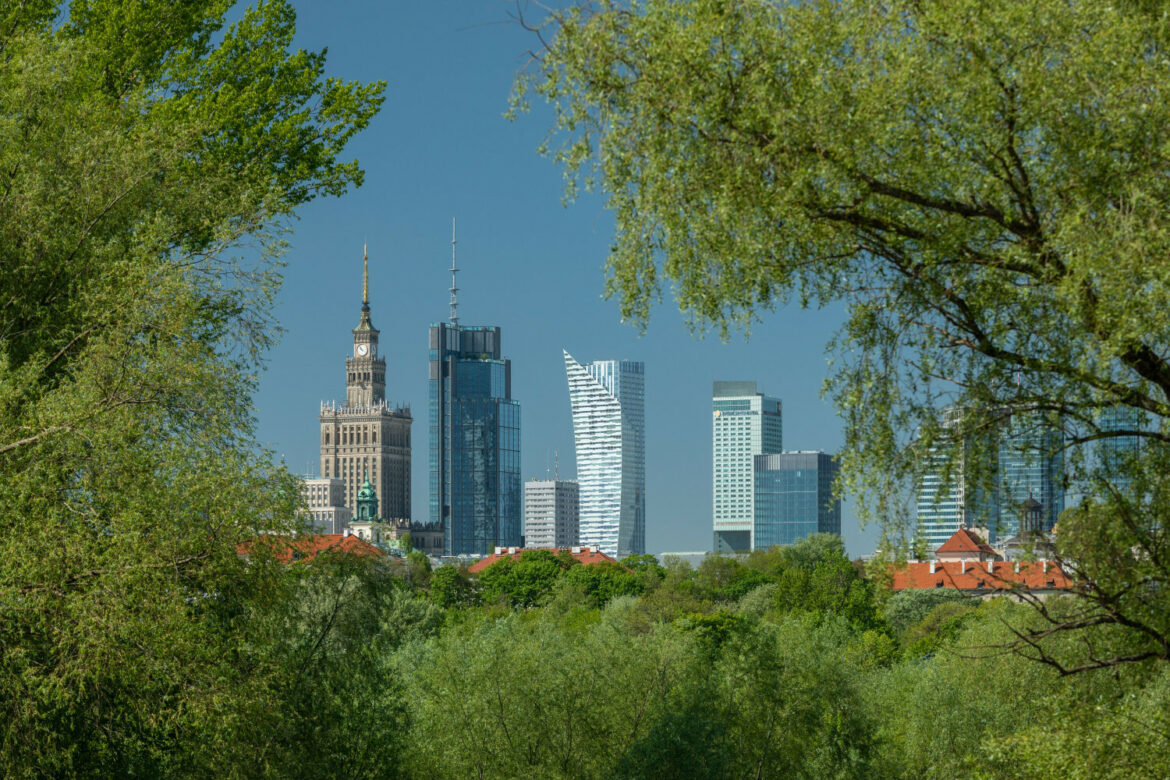Scientists from the University of Lodz, the University of Warsaw and the Space Research Center of the Polish Academy of Sciences are creating a system with remote sensing that will help thousands of European cities to fight the effects of climate change. An international consortium with their participation has received almost EUR 5 million for the implementation of an innovative project.
The main goal of the LIFECOOLCITY project will be to increase the adaptation potential of at least 10,000 cities in the European Union by implementing innovative systems using remote sensing and a geographic information system in the blue and green infrastructure management (BZI) process.
Scientists want to show that appropriate management of urban green areas, based on image analysis. It can reduce the temperature and costs associated with maintaining urban green areas. It may turn out that such an area that is kept too intensively – for example, lawns that are mowed too often – does not fulfil its role and begins to act like pavement or another paved surface.
The demonstration city of the project is Wrocław, for which the identification of needs and the concept of BZI reconstruction will be carried out, together with an assessment of its effectiveness. The consortium also includes MGGP Aero, University of Łódź, University of Warsaw, Ingenieurgesellschaft Prof. Dr Sieker mbH (Germany), the Space Research Center of the Polish Academy of Sciences and the National Foundation for Environmental Protection.
Reconstruction of the blue and green infrastructure is one of the main solutions that cities should use to prepare for climate change. The key environmental problems limiting the adaptation potential of BZI are waterproofing of the substrate, unfavourable water conditions, a decrease in the quality of vegetation and an increase in substrate temperature.
95% of the project is financed by the LIFE program and the National Fund for Environmental Protection and Water Management. It will be carried out in the years 2023–2029.
Arkadiusz Słomczyński





